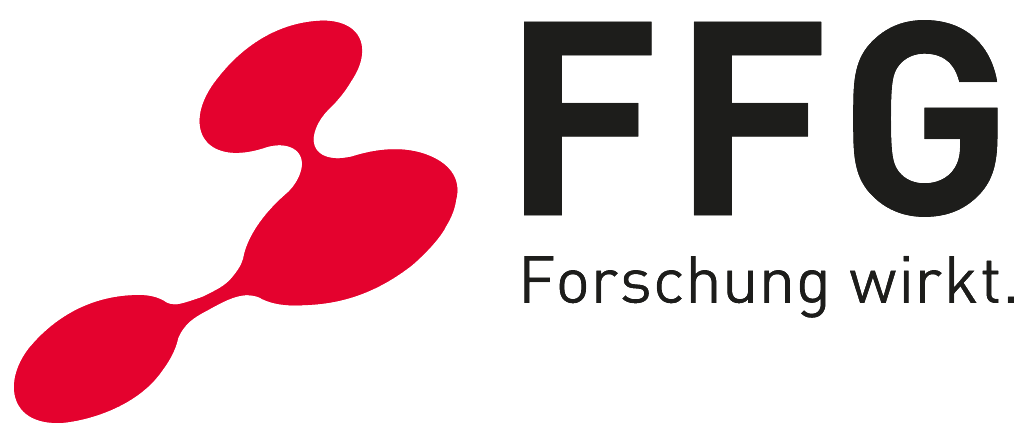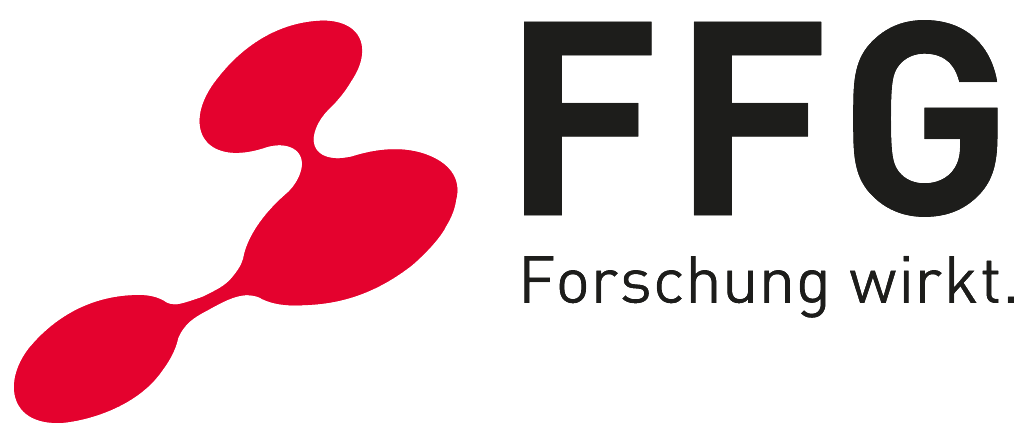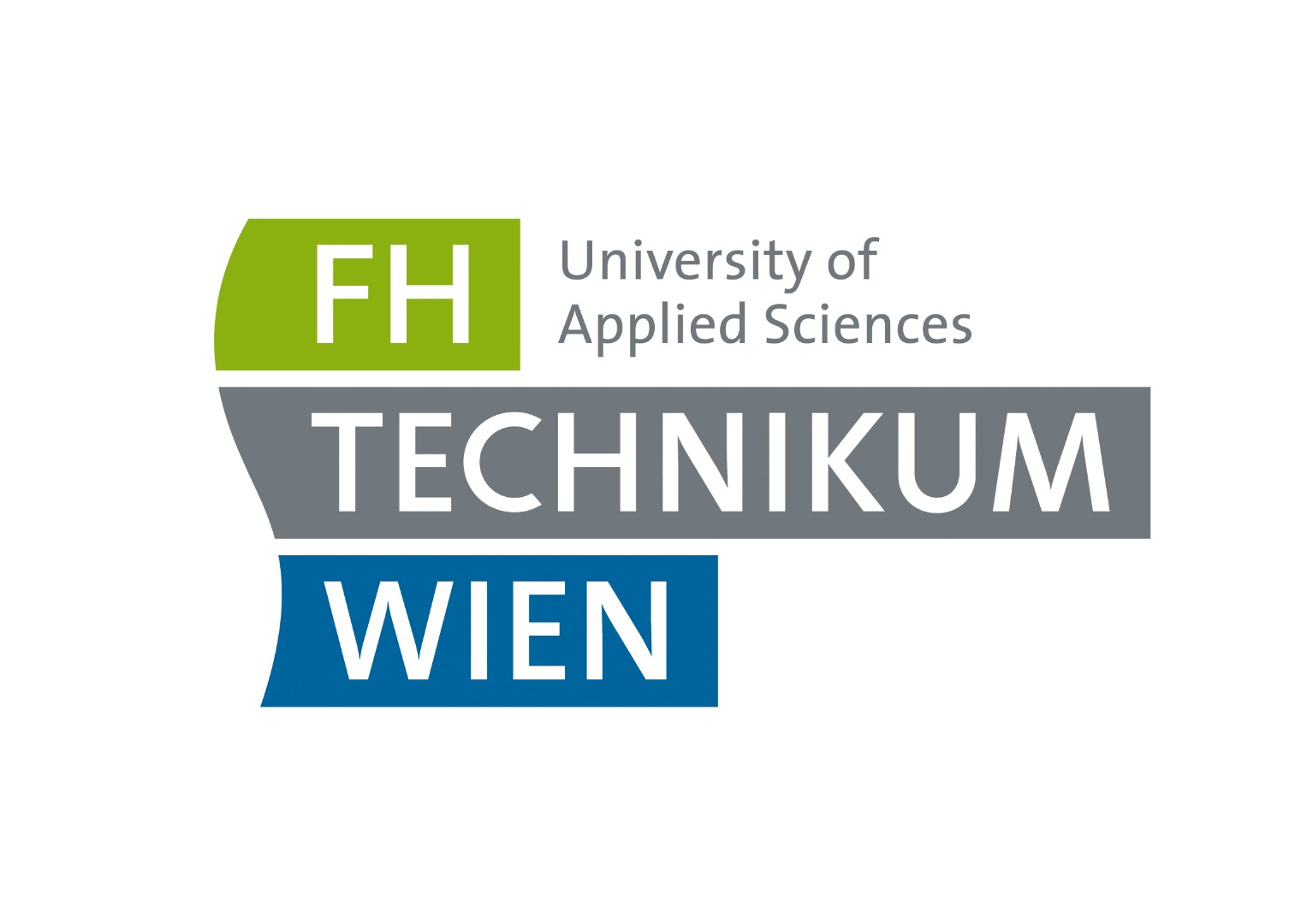
ALWAYS A STEP AHEAD
We believe in OUT-OF-THE-BOX-METHODS and CREATIVE-THINKING
Current research work
PIDSO is currently conducting research on new materials, production methods and technologies, from many different industries to expand the limits of technology in the field of high frequencies technology. .
This research activity is being transferred directly to customer solutions and innovative antennas as well.
PIDSO amongst others is involved in the following research projects:
ELENA
Use of unmanned aircraft systems for ecologically sustainable applications.
A project of FFG – the Austrian Research Promotion Agency on behalf of the BMVIT (Austrian Federal Ministry of Traffic, Innovation and Technology)
Goal of the ELENA-project is the conception and development of a hybrid energy line consisting of hydrogen, photovoltaic and electrics. Also, part of the project is the scientific examination of ecological bio-composites in regard to their suitability in the unmanned aircraft sector. Both technologies are integrated in a BLOS-capable, AI operated fixed-wing unmanned aircraft system, which are validated through representative scenarios and acute demand in the sectors of forestry, agriculture, viticulture & fruit cultivation as well as in crisis- and disaster-management.
RESEARCH PARTNERs:
- AIT - Austrian Institute of Technology GmbH
(head of research management) - FH JOANNEUM GmbH
- CEA Design GmbH
- AIRlabs Austria GmbH
EARLY STAGE
Lightweight full field-of-regard radar with active gimbal mount.
A project of FFG – the Austrian Research Promotion Agency on behalf of the BMVIT (Austrian Federal Ministry of Traffic, Innovation and Technology)
Radar technology has long been focused on large-scale and specialized applications for the surveillance segment. The emergence of automated vehicles is currently driving up innovation.
Despite the research of the last decade, some essential aspects in the radar field have not yet been solved.
- Radar sensors operate with a relatively narrow field of view
- Long-range radar sensors with a full field of view are huge, heavy, and power-hungry.
- Applications where the radar inertial system moves with respect to the target inertial system have been rarely addressed.
Project goals are the research and development of compact, lightweight, and highly-directive antennas, applicable for the X-, K- and E-band. Furthermore, the development of transmit and receive electronics, as well as associated MIMO signal processing.
The goal of the electronics development will be to limit the total power consumption as much as possible. It will be investigated how well objects can be distinguished and classified based on their microdoppler signature. Due to size limits in the lab, small drones (UAVs) will be the target of choice to generate training data to train various classifiers. So will the development of a control of the lightweight gimbal with two degrees of freedom. The suspension should furthermore be able to dynamically approach given directional coordinates in interaction with the tracking electronics.
RESEARCH PARTNERS:
- Only PIDSO is involved in this project
Welcome to all the young talents out there!
PIDSO believes in the researchers of tomorrow and supports various institutions and youth projects. Among other things, PIDSO also offers an internship every summer as part of the FFG's Talent Internship Programme.
Would you like to learn more about the different research projects or become a research partner?

For more information:
- School internships







